On November 27, Ho Chi Minh City Open University organized the international conference "Business, Economics and Resources" in 2025 (VBER2025) with the participation of 80 scholars, experts, and policymakers from home and abroad. The event is a forum for exchanging the latest research on public health, household welfare, and financial capacity in a rapidly changing global context.

Experts and scientists participating in the workshop
With the theme "Community health, household welfare and financial capacity", the workshop gathered presentations around three groups of topics: Business - finance - marketing; public economics - international economics - environmental economics and resources - energy - agriculture .
Professor Theodor F. Cojoianu (Singapore Management University) emphasized the role of "green taxonomy" in directing capital flows into sustainable economic activities. According to him, "green taxonomy" is becoming a common language between investors and businesses, helping to increase transparency and control environmental impacts.
However, the process of developing this set of standards is very complicated, requiring a long time and large resources. Currently, the EU and international research organizations are calling on universities to participate in the "Sustainable Finance Taxonomy Mapper" initiative to compare and connect "green classification" systems globally.
One notable study presented was how banks respond to biodiversity loss risks. Based on data from nearly 5,000 European companies between 2018 and 2023, banks tend to tighten lending or require higher collateral for water polluters. In particular, banks that have signed the Equator Principles charge higher than average biodiversity risk premiums.
These findings show that sustainable finance is expanding its scope, not just focusing on climate change but also including ecosystems, water resources and public health.
From the perspective of the labor market, Professor Sanjay Singh (University of Dundee, UK) analyzed the profound changes due to rapid changes in technology and demographics. According to him, the future of work is influenced by three factors: Jobs, the workforce and the working environment.
Artificial intelligence (AI), automation and robotics are changing the nature of many industries, creating challenges in employment, occupational stress and a trend towards algorithmic management. At the same time, the global labor model is becoming more flexible with the rise of freelancers and gig workers. Aging populations in many countries continue to put pressure on labor markets and social security.
Professor Singh also pointed out the drastic change in the workplace. The boom in remote working after the COVID-19 pandemic has caused many urban areas to face high office vacancy rates, while localities with good quality of life attract young workers. Workers now prioritize a sustainable working environment and corporate social responsibility over income.
According to him, these shifts can increase inequality, create human rights risks from technology and put pressure on resource exploitation to operate AI. Although the future of work is uncertain, Professor Singh emphasized that the key is to put sustainable development and people at the center of any transformation strategy.
Source: https://nld.com.vn/chuyen-gia-goi-mo-tai-chinh-xanh-va-bien-dong-thi-truong-lao-dong-toan-cau-196251127115543712.htm



![[Photo] President Luong Cuong attends the 50th Anniversary of Laos National Day](/_next/image?url=https%3A%2F%2Fvphoto.vietnam.vn%2Fthumb%2F1200x675%2Fvietnam%2Fresource%2FIMAGE%2F2025%2F11%2F27%2F1764225638930_ndo_br_1-jpg.webp&w=3840&q=75)
![[Photo] Prime Minister Pham Minh Chinh chairs the 15th meeting of the Central Emulation and Reward Council](/_next/image?url=https%3A%2F%2Fvphoto.vietnam.vn%2Fthumb%2F1200x675%2Fvietnam%2Fresource%2FIMAGE%2F2025%2F11%2F27%2F1764245150205_dsc-1922-jpg.webp&w=3840&q=75)





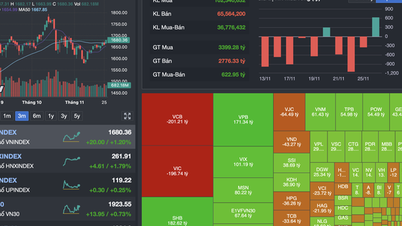

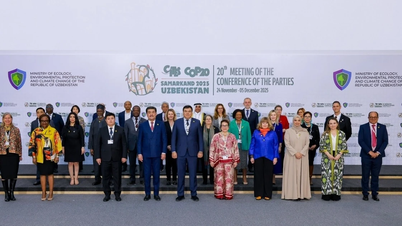

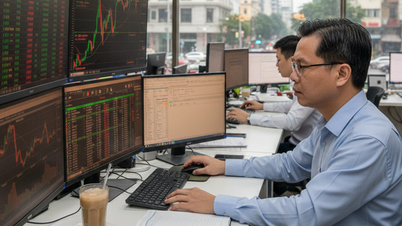


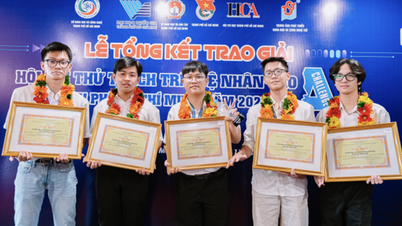
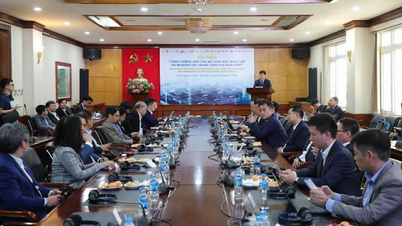

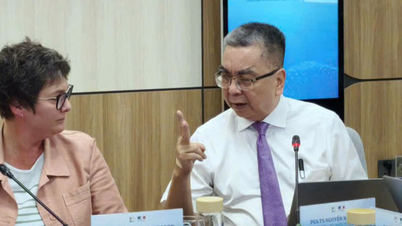




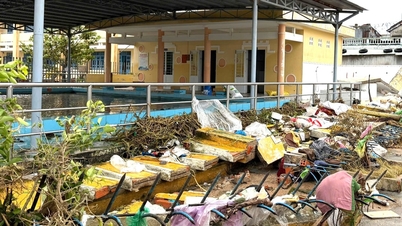









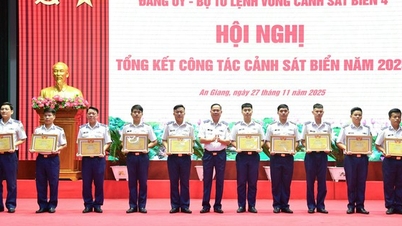
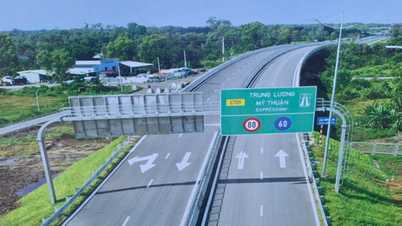


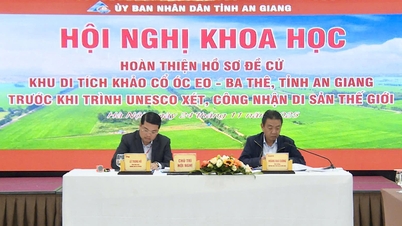



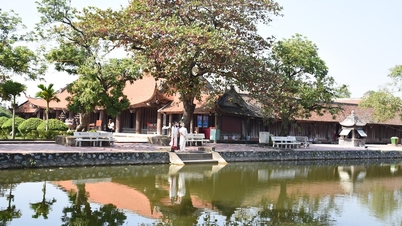





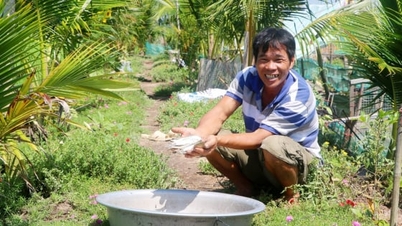






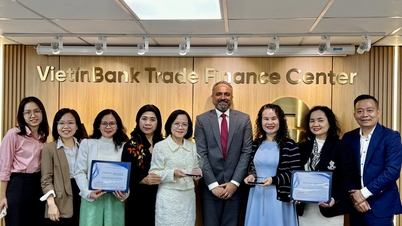














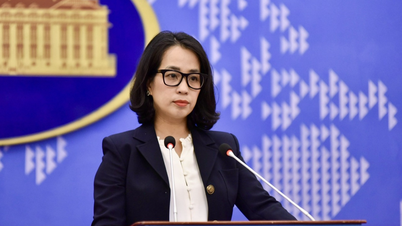



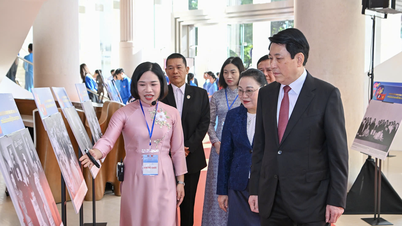
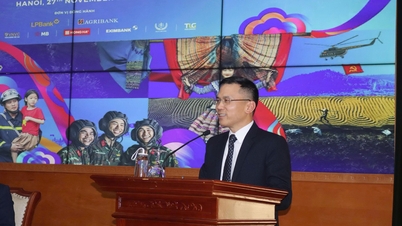
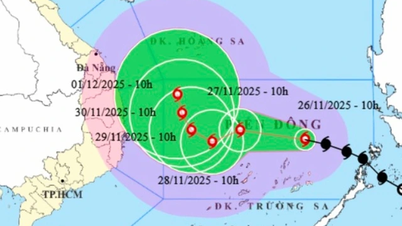
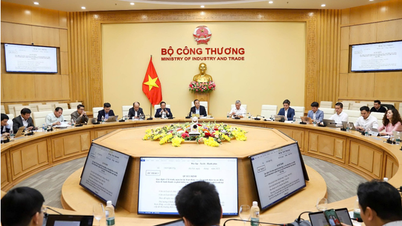

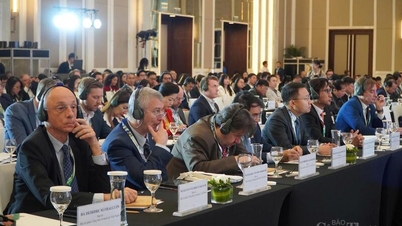
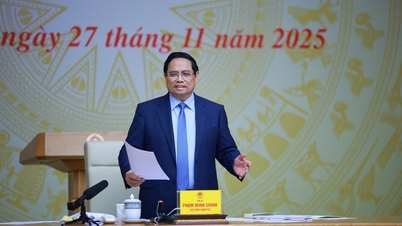




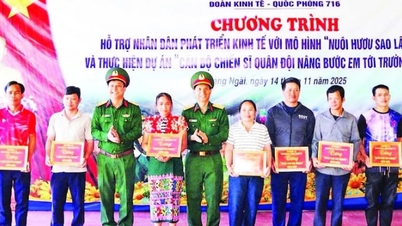

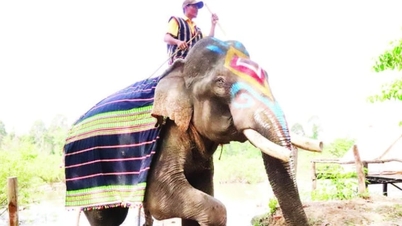

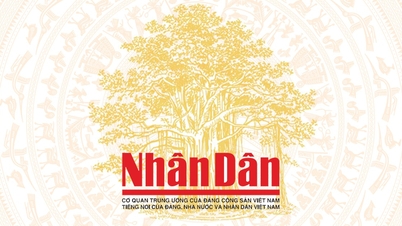
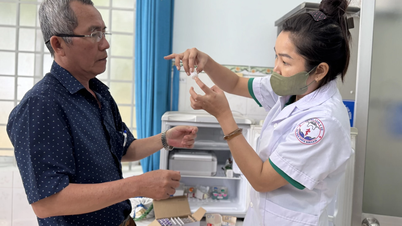

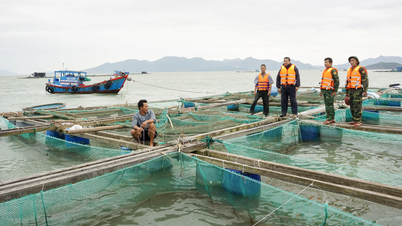












Comment (0)